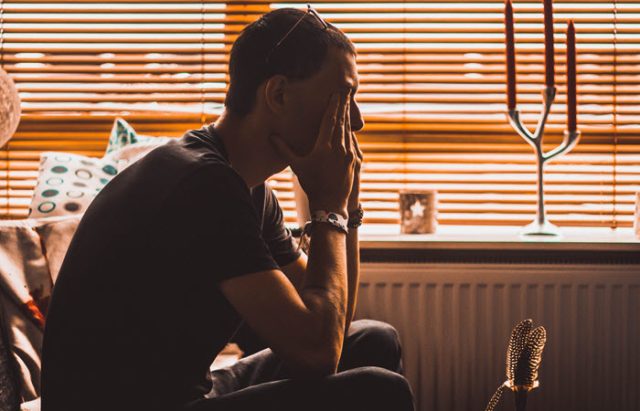How Personal Counseling Helps Mental Health and Addiction
By Adam Durnham
November 6, 2018 • Fact checked by Dumb Little Man

Personal or individual counseling is a process wherein an individual works with a licensed and highly-trained therapist on a one-on-one basis. It’s set in an environment where the person feels most secure and comfortable. That way, he can freely explore his feelings, thoughts, and behavior. It can also help identify areas in his life that need to change.
People seek and receive individual counseling for numerous reasons. In most cases, however, it’s to deal with mental health issues such as depression, anxiety, and phobias. Individual counseling applies to substance use disorder or addiction, too.
Despite the stigma that surrounds mental health and addiction, one recent study showed that 42% of adults in the United States have undergone counseling at some point in their lives. 36% of those who haven’t sought counseling is, at least, very much open to the possibility.
Counseling vs Psychotherapy
The terms counseling and psychotherapy are often used interchangeably, but there are marked differences between the two. Counseling centers on specific issues and is intended to assist individuals who are suffering from a certain problem, like substance abuse disorder or depression.
Psychotherapy, on the other hand, focuses on a wider set of issues. Instead of simply dealing with the immediate problem, a therapist also considers the individual’s patterns of thinking and behavior.
In terms of duration, counseling is usually shorter in duration than psychotherapy. Both counseling and psychotherapy, however, fall in two different forms – individual and group.
Individual counseling or psychotherapy involves a single person while group counseling involves two or more individuals at the same time.
Advantages of Individual Counseling
People who are suffering from mental disorders should undergo individual counseling because of the following advantages:
Client-Focused

Unlike group counseling wherein the client has no other choice but to “share the limelight” with other people, the focus of a personal counseling session is solely on the client alone. He or she enjoys all the attention and the time of the therapist. Individual counseling assures that the client will experience personalized, concentrated, and intensive treatment sessions.
Better Client-Therapist Relationship
Since the sessions are on a one-on-one basis, the client and the therapist/counselor develop a closer relationship. When this happens, the counselor can have a deeper understanding of the addiction or other mental health concerns of the client. That enables the therapist to help him much better. Moreover, this set-up also strengthens therapeutic alliance that would eventually result in a beneficial change in the client.
See Also: 5 Really Effective Ways to Champion Mental Health Issues
Privacy
For counseling sessions to be effective, the client needs to divulge everything so that the counselor can have a better understanding of what he is going through. This “complete revelation” can be extremely uncomfortable in a group setting. In a one-on-one session, however, the client would be more open to talking about everything.
Security
While it is given that all information discussed in counseling sessions are confidential and should not be discussed with others, this rule is practically impossible to implement in a group counseling set-up. This is particularly risky and burdensome for high-profile people who have a certain image to protect. This security concern is hardly a problem in individual counseling since the counselor is duty and ethically-bound to keep everything confidential.
Encourages Genuineness
An individual counseling set-up allows the client to freely talk about what he is thinking and feeling. There is no need to pretend or wear a mask since every session is just between the client and the counselor. Clients may feel the need to lie in group counseling especially since there is a negative stigma that surrounds mental disorder and addiction.
Provides More Control

Since there are no other clients to consider in individual counseling, the client has more control of the session. This means that the therapist can readily adjust the pace of the individual sessions to benefit the client. The client can also receive immediate feedback about his progress from the therapist. He won’t experience any pressure to talk or think faster in consideration of others.
Conclusion
Given the nature of individual counseling discussed above, this therapeutic strategy can greatly assist individuals with mental health issues and addiction problems in many ways.
For one, it can effectively help the client learn more about his condition. As the client meets with the counselor, he can gradually understand the “whys” of his condition. Secondly, through personal counseling, the client can bravely face the challenges brought by his mental health concerns.
Lastly, the client learns how to change his negative behaviors and how to properly cope with his situation.
See Also: Where to Find Friends and Support During Addiction Recovery
Adam Durnham
Adam Durnham is a freelance blogger from Detroit, Michigan who specializes in mental health and recovery. In his spare time, Adam loves to run, play with his dog Beignet, and criticize movies. He contributes frequently to the Sunshine Behavioral Health Blog. https://www.sunshinebehavioralhealth.com/blog/

